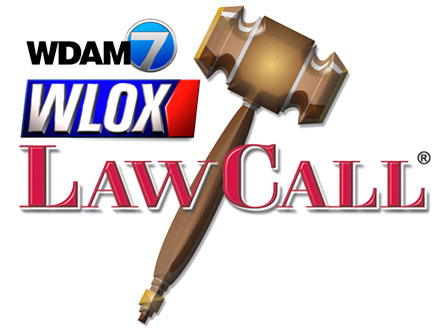You’ve been hurt because of someone else’s negligence. But how do you get a jury to understand how the other person was negligent and why they should be paying your medical bills? When it comes to understanding how accidents occur, how different injuries can impact the human body, how your work has changed since the…
We have recovered over
$1 Billion
in compensation for our clients
Aggressive
We are persistent, proactive, and ready to fight for our clients' interests
Ethical
While we are aggressive, we always play by the rules and honesty is the foundation of what we do
Experience
We have extensive courtroom and trial experience putting our clients in the best position for success
Reeves & Mestayer is rated
Highest in Legal Abilities & Ethics
by Martindale-Hubbell
Reeves & Mestayer is listed as
One of the Preeminent Law Firms
in America
Reeves & Mestayer has obtained
Record Verdicts & Settlements
for their clients
BP oil spill class action recovery of
$70 Million
We handled thousands of BP claims throughout the Gulf South and was named by the Court to serve on the Economic and Property Damages Committee in the Multi-District Litigation
Defective product recovery of
$55 Million
After being injured or killed by defective tires, we fought to get 75 passengers and drivers the settlement they deserved
Car accident settlement of
$12 Million
After 5 people were killed in a multi-vehicle collision, their families turned to Reeves & Mestayer for help. We fought to get them the settlement they deserved
State of Mississippi tobacco litigation
$13 Million
Reeves & Mestayer law firm gained this verdict for the State of Mississippi to correct wrongful calculations related to the Mississippi tobacco settlement
Defective Product Settlement of
$1 Billion
We fought for 14,000 plaintiffs and 1,000 defendants hurt by Chinese-manufactured drywall products
Footer
Free Case Evaluation

Reeves & Mestayer, PLLC
160 Main St
Biloxi, MS 39530
Toll free: 1-855-558-2977
Phone: 228-374-5151
Fax: 228-374-6630






